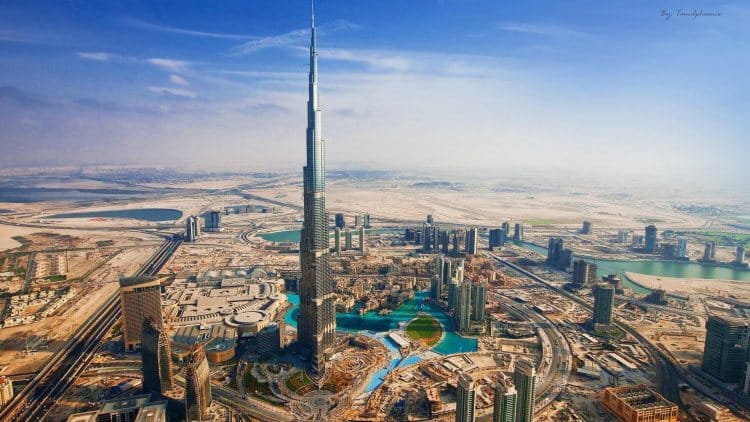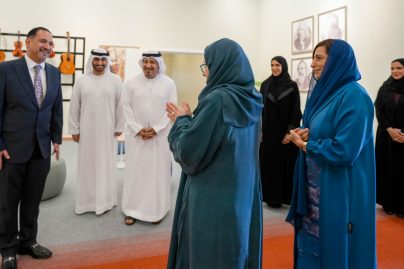Dubai Ranks Top 25 Global City for 3rd Year
Fri 27 Oct 2023
Gulf cities saw major improvements in Kearney’s 2023 Global Cities Index, with Abu Dhabi climbing 10 positions and Dubai ranks top 25 Global City for 3rd Year
Dubai: In a year that has seen the beginning of a shake-up in the traditional hierarchy of global cities, Dubai has retained its leading position in the MENA region on Kearney’s Global Cities Index, ranking 23rd globally and claiming a spot in the top 25 for the third consecutive year. Prominent emerging hubs around the world, particularly in the Middle East, have seen incredible gains in their global city performance amid a changing profile of globalization—and a new distributed geography of opportunity is emerging. Abu Dhabi, for instance, climbed 10 spots on the global rankings as it strengthened its position as a leading international hub.
Global Index
The GCI seeks to quantify the extent to which a city can attract, retain, and generate global flows of capital, people, and ideas. Cities are measured against five key dimensions: Human Capital, Information Exchange, Cultural Experience, Political Engagement, and Business Activity. Average GCI scores have remained steady following several years of decline, with cities in the Middle East and Africa improving markedly. In particular, the capitals of the Gulf nations made major improvements in their overall scores, with Riyadh, Muscat, and Doha improving their overall rankings by nine, eight, and seven places respectively. This growth was primarily driven by strong performance in the Human Capital dimension, as they capitalized on the return to pre-pandemic levels of freedom of international travel to attract large volumes of migrant talent and tourism.
“As global trade returns to normalized levels, key cities in the Gulf have emerged as beacons of prosperity, resilience, and opportunity. Their resilient economic performance amid challenging global conditions, combined with a concerted focus on promoting livability and talent attraction, has succeeded in drawing ever-greater numbers of expats making them a remarkable success story in the post-pandemic world. A strong commitment to delivering on ambitious national visions and the maintenance of a regenerative mindset is paying off,” comments Rudolph Lohmeyer, Kearney Partner, National Transformation Institute.
Global Outlook
While the GCI captures the current state of global city leadership, the Global Cities Outlook (GCO) aims to identify those cities most likely to achieve global prominence in the future. Here, the emergence of a distributed geography of opportunity was also present.
European cities maintained a strong presence in the top 30 rankings, while Asia’s global hubs including Seoul, Osaka, and Chennai made significant strides. In the US, second-tier metropolitan areas performed particularly well, having successfully attracted talent and capital over the turbulent past few years, positioning themselves as increasingly formidable rivals to more established global cities. As the rapid advancement of artificial intelligence (AI) and related technologies continues, the intersection of this trend with the already-underway shift toward remote work is expected to further reduce the significance of physical proximity in domains traditionally linked to major cities, potentially causing even greater disruption to global cities.
“In this shifting global landscape of distributed opportunity, top-tier global cities cannot take their positions for granted. The traditional hierarchy of leading cities will only become more fluid in the future as opportunities for growth and enhanced productivity become less concentrated during the coming waves of AI-driven innovation. Those cities that adopt a regenerative model – one that moves beyond resilience and thinks proactively – will have a competitive advantage,” concludes Brenna Buckstaff, Kearney Manager, National Transformations Institute.
Dubai Ranks Top 25 Global City for 3rd Year is an article on Dubai Ranks Top 25 Global City for 3rd Year

 May 01 2024
May 01 2024













